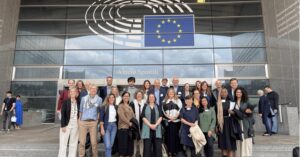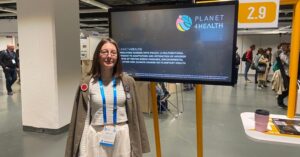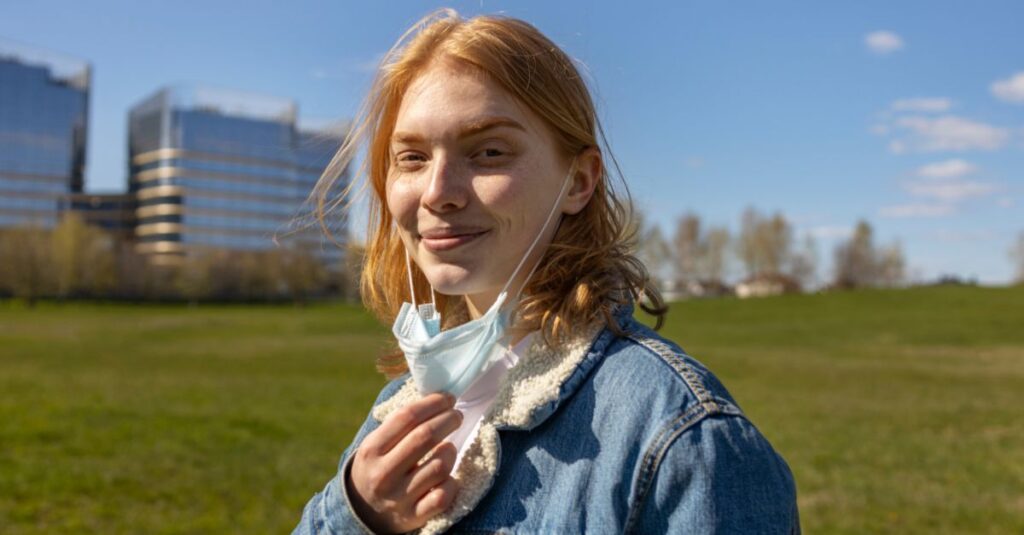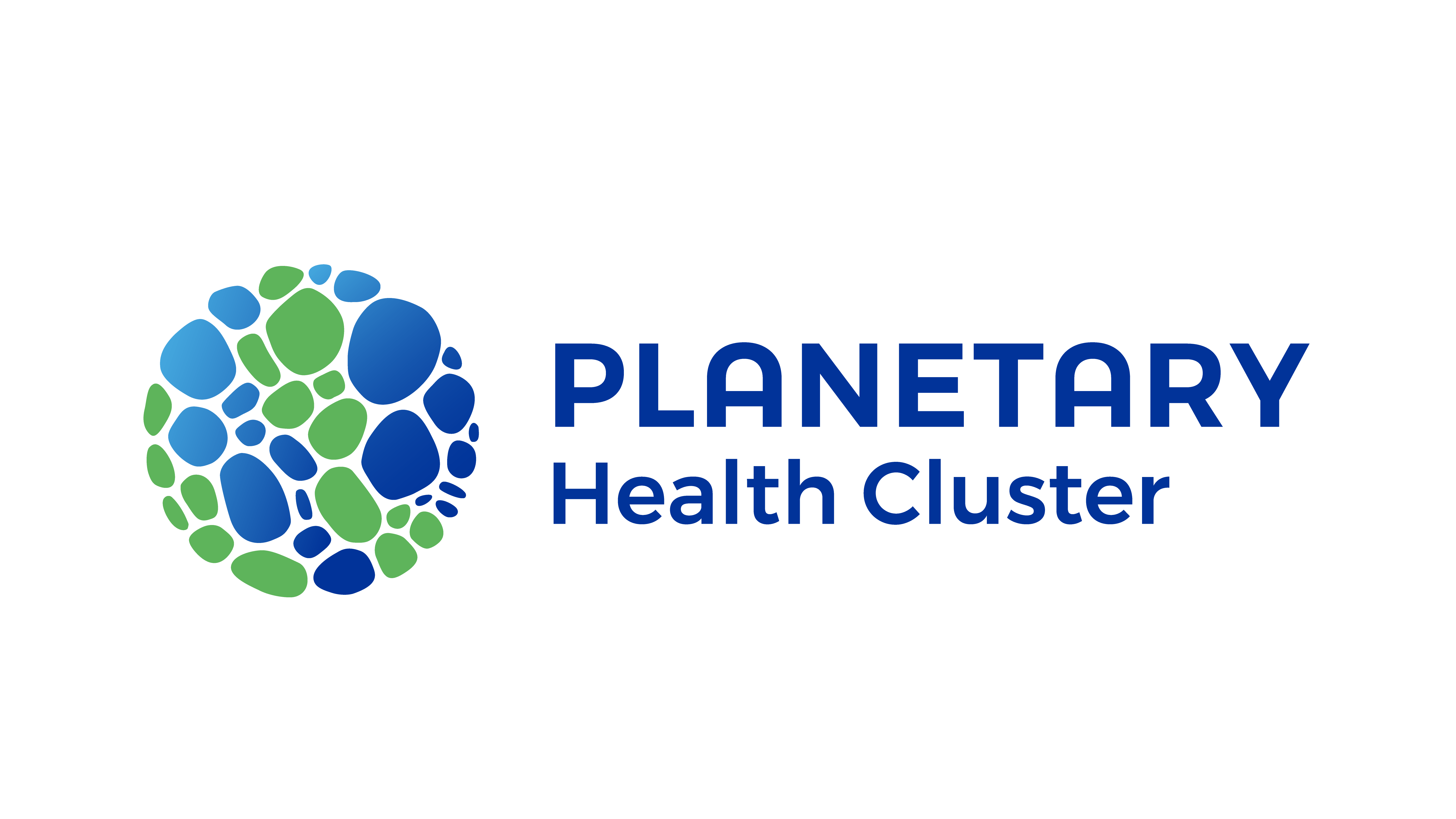Climate change is not only about rising global temperatures, which have significant environmental impacts, but also about how human health is adversely affected.
Human Health Effects:
Human health can be affected in various ways, including through vector-borne diseases such as cholera and dengue fever. Another significant threat to human health is worsening air quality, which is indirectly exacerbated by the negative impacts of climate change.
In South Africa, air pollution is a major problem, and thousands of premature deaths can be attributed to poor air quality, as many organisations and researchers have noted. Even more concerning is the fact that climate change has the potential to increase cases of tuberculosis a long-standing issue in the country, despite concerted efforts to curb its spread and join other nations in eradicating it completely. As climate change significantly increases the frequency of floods and fires, the most vulnerable members of the community are affected most severely, particularly through displacement caused by damage to their homes.

Failing Environments:
Adequate access to safe housing is further strained during these and other occurrences. Additionally, forced migrations caused by these catastrophes can lead to overcrowding in certain areas, increasing the risk of disease spread. Air quality is also impacted by the burning of fuels, both in rural and urban areas. One area known for having a high concentration of air pollution in the country is Johannesburg. As a result, many studies have focused on ambient air quality, or outdoor air quality.
Research being done:
The South African Medical Research Council (SAMRC)’s Climate Change and Health Research Programme (CC&HHRP) within the Environment and Health Research Unit (E&HRU), has undertaken several studies relating to ambient air quality and its effects on vulnerable populations within South Africa. Chief Specialist Scientist, Prof Caradee Wright recalls, “I grew up in South Durban, a region of South Africa known in the past for being the home to petrochemical refineries and industry. In the middle of the night when it was hot, we would go outside to cool down and smell rotten eggs – the smell of hydrogen sulphide gas. I knew something was wrong, but I had no idea that the gas could affect my health. Now I know, so my team and I are trying to help make tools and information that government and society can use to know about air pollution, its health risks and to find ways to improve air quality.” Similarly, Dr Thandi Kapwata states that, “When we know better, we do better”, is a quote by Maya Angelou that resonates with me deeply. I hope that the work we are doing as the Climate Change and Health Research [Programme] team, helps the country move from evidence to actions and practices that will improve the health and well-being of all.

Considering this work, Prof Caradee Wright and her team have joined the Planet4HEALTH project to address this issue in Case Study 2. The team looks forward to furthering this work with the other partners, as well as gaining valuable insights into planetary health and using a One Health approach for future work more effectively.
Authors: The South African Medical Research Council (SAMRC) team





